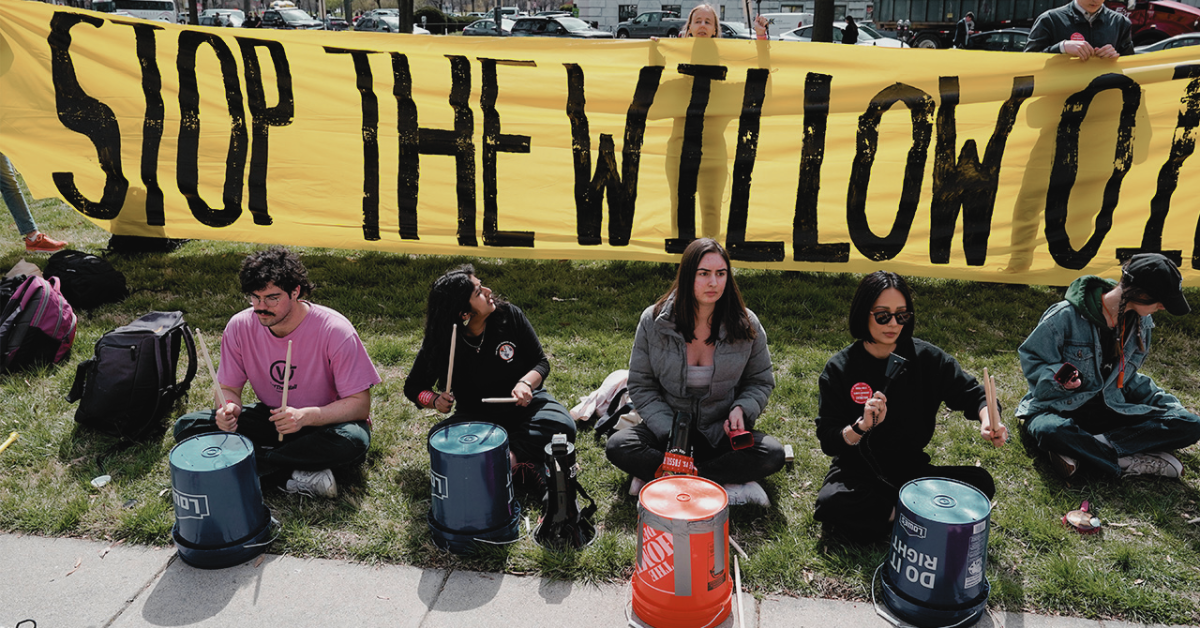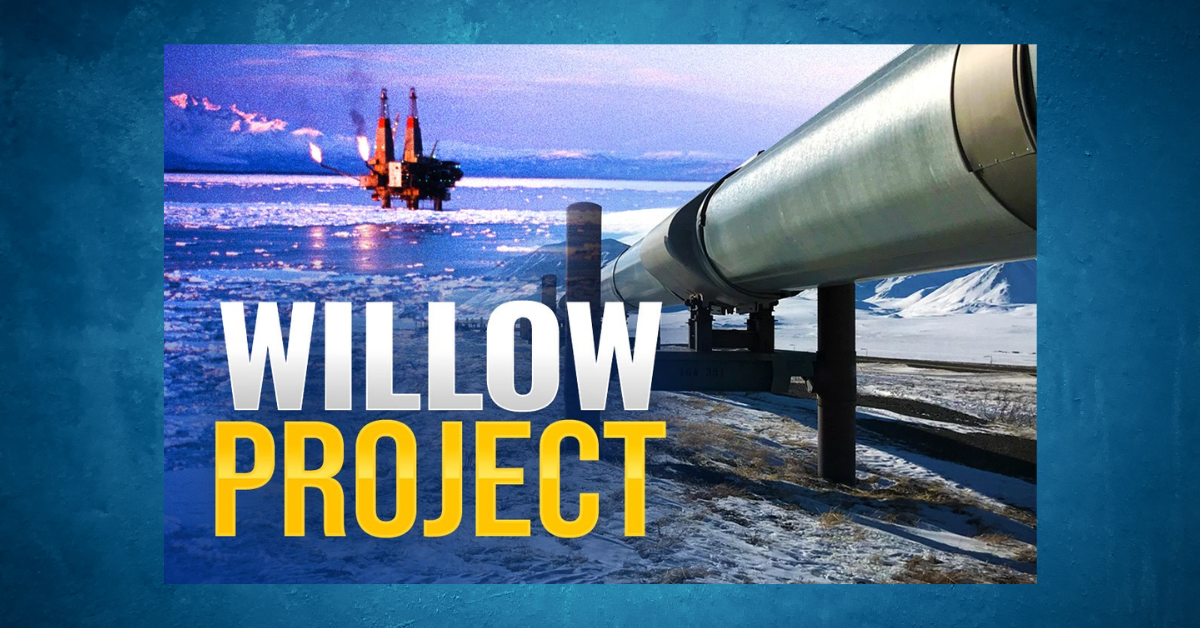ALASKA — While challenges against the project are ongoing, an Alaskan federal judge has declined to halt the contentious Willow oil drilling project.
The Biden administration approved the enormous Willow oil drilling project by ConocoPhillips on Alaska’s North Slope last month.
Before the Biden administration approved the project, there was a groundswell of online opposition to it that included more than 1 million emails to the White House denouncing the idea and a Change.org petition with more than 5 million signatures.
Environmental advocacy group Earthjustice and law firm Trustees for Alaska filed the complaints against the Interior Department and its top officials, the Bureau of Land Management, the US Fish and Wildlife Service, and other federal agencies shortly after the Biden administration gave the project its approval.
Construction would have been stopped if the judge had granted a preliminary injunction on the project while the court evaluated the lawsuits.
On Monday, federal Judge Sharon Gleason of the US District Court of Alaska ruled in favor of the federal government and oil company ConocoPhillips in allowing the construction of the project to continue as the court process plays out, noting that the activities planned for the coming months — the construction of the site and infrastructure around it — “do not include the extraction of any oil and gas.”

“With this decision from the federal district court, we can immediately begin construction activities,” a spokesperson for ConocoPhillips said in a statement.
“We appreciate the support from the intervening parties and others who recognize that Willow will provide meaningful opportunities for Alaska Native communities and the State of Alaska, and domestic energy for America.”
Environmental organizations contend in their lawsuit that the ecological research conducted by the Biden administration, which found the project won’t significantly affect the environment or the climate issue, was defective and in violation of federal law.
The complaints link the Willow Project’s possible climate effects to endangered species that live in the area where it will be built, like polar bears.
The Endangered Species Act discussions that supported Willow’s approval, according to Earthjustice lawyers, “are unconstitutional because they fail to evaluate the impact of carbon emissions on threatened species.”
Here are some articles related to this post:
- In New Court Documents, Fox News And Dominion Argue
- Slick Goku Death: Is News Of Youtuber Slick Goku’s Passing Has Been Confirmed?
Federal agencies “failed to consider how the increased greenhouse gas emissions from Willow may affect the survival and recovery of these ice-dependent species or their critical habitat,” the lawyers wrote.
But, Gleason found that in the short term, the project’s development phase’s potential environmental harm did not outweigh the economic and non-economic damage that might be caused if a preliminary injunction were granted.
In his judgment on Monday, Gleason stated: “The Court has further decided that Plaintiffs have not proved that irreparable harm to their members is foreseeable if Winter 2023 Construction Activities begin.”
Erik Grafe, the deputy managing attorney in Earthjustice’s Alaska regional office, said that while this wasn’t the outcome they had hoped for, “our court battle continues.”
“We will do everything within our power to protect the climate, wildlife, and people from this dangerous carbon bomb,” Grafe said.
“Climate scientists have warned that we have less than seven years to get it right on climate change, and we cannot afford to lock in three decades of oil drilling that will only serve to open the door to more fossil-fuel extraction.”
ConocoPhillips and the federal government contend that the environmental assessment carried out by federal officials proved the multi-decade oil project wouldn’t cause significant harm to the climate or the ecosystem.
Up to 600 million barrels of oil are located in the project’s proposed region. As the project has not yet been built, it would take years for that oil to reach the market.
According to the Biden administration’s own environmental research, the project would produce enough oil to add 2 million additional gas-powered cars to the road’s worth of carbon pollution per year, or 9.2 million metric tons.
Environmental advocacy groups had previously successfully persuaded the judge presiding over this case to reject the Willow Project.
ConocoPhillips‘ federal Willow permits were revoked by Gleason in 2021 after she found that the Trump administration’s environmental study of the project neglected to include necessary climate change and environmental effects on local species.
At the time, Gleason said that the Trump administration’s study lacked sufficient research on the project’s potential greenhouse gas emissions and omitted information about the project’s potential impact on polar bears.
The project had support from Alaska Natives who claimed it would bring jobs and tax income to the remote area, despite some indigenous groups’ adamant opposition due to environmental and health concerns.
Please check back often, as we will be making updates to the site as they become necessary. You should share this with your loved ones.

Leave a Reply